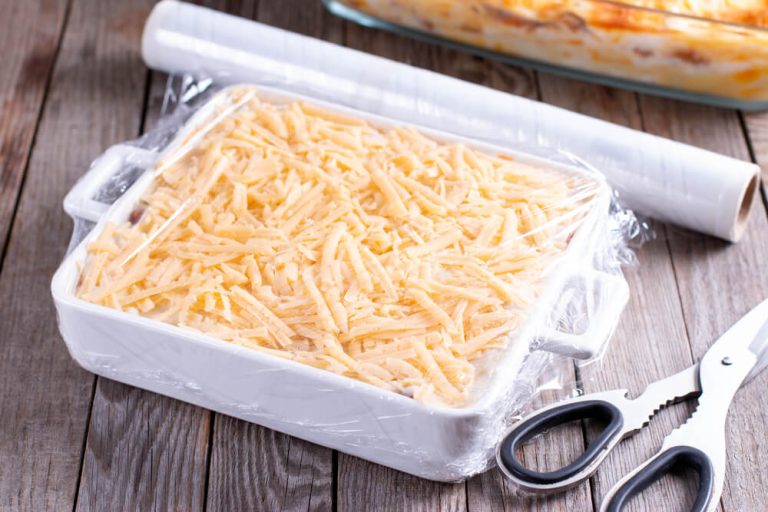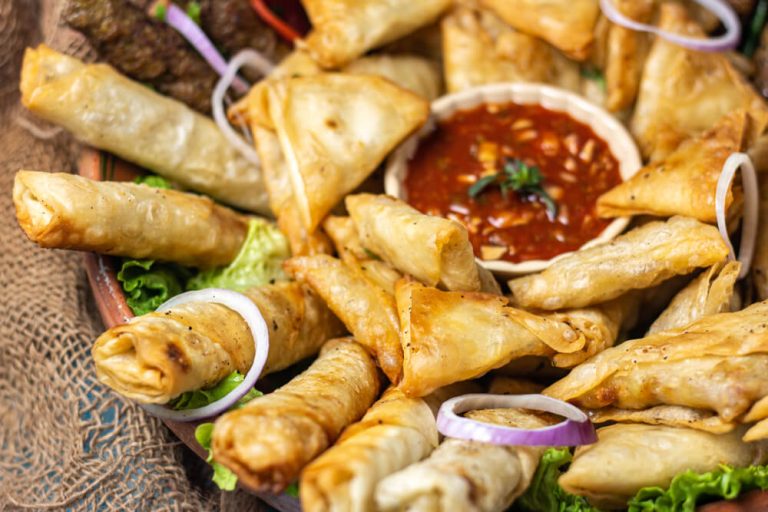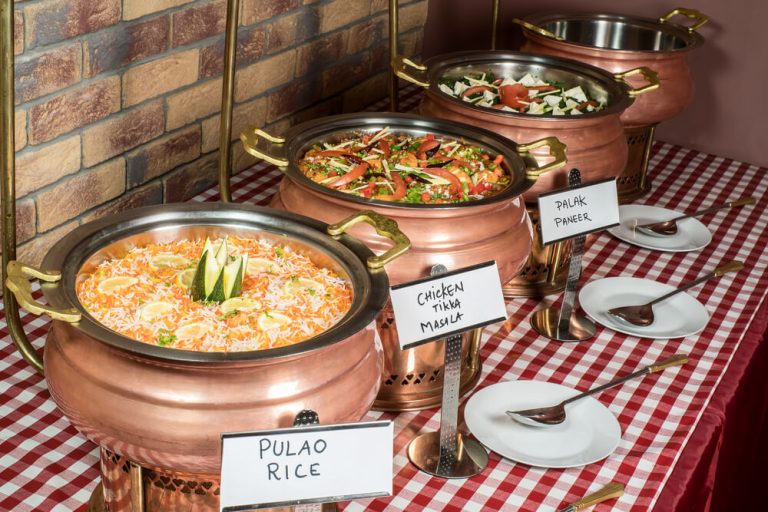In recent years, the global culinary landscape has witnessed a burgeoning interest in Halal food, reflective of the diverse cultural fabric of societies worldwide. Halal, an Arabic term meaning “permissible” or “lawful,” refers to food and beverages permissible under Islamic law.
While the concept of Halal primarily relates to meat consumption, it extends beyond to encompass various aspects of food production, preparation, and consumption.
Within this framework, the emergence of Halal homemade food culture has become increasingly prominent, showcasing not only religious adherence but also a celebration of culinary heritage and community bonds.
Culinary Diversity and Cultural Significance
Halal homemade food culture is a testament to the rich tapestry of culinary traditions woven across different regions and communities globally.
From the aromatic spices of the Middle East to the flavorful curries of South Asia and the savory tagines of North Africa, Halal cuisine encompasses a vast array of dishes, each imbued with its unique history and cultural significance.
In many households, the preparation of Halal homemade food is not merely a culinary practice but a ritual steeped in tradition and familial customs. Recipes passed down through generations carry with them stories of migration, resilience, and adaptation, serving as a tangible link to the past while embracing the present.
Whether it’s the elaborate feasts of Eid al-Fitr or the intimate gatherings of Ramadan, Halal homemade food plays a central role in fostering a sense of belonging and shared identity within Muslim communities worldwide.
Global Influence and Adaptation
The allure of Halal homemade food extends far beyond the confines of Muslim-majority countries, resonating with people of diverse backgrounds who appreciate its flavorsome offerings and emphasis on wholesome ingredients.
In Western societies, the popularity of Halal cuisine has surged, driven by factors such as globalization, increased cultural exchange, and a growing awareness of dietary preferences and restrictions.
Moreover, the rise of social media platforms has facilitated the dissemination of Halal recipes and cooking tutorials, empowering individuals to explore and experiment with diverse culinary traditions from the comfort of their homes.
This digital interconnectedness has fostered a sense of culinary curiosity and creativity, leading to the fusion of Halal ingredients with various global cuisines, thereby enriching the gastronomic landscape.
Promoting Cultural Exchange and Understanding
Halal homemade food culture serves as a bridge that transcends cultural and geographical boundaries, fostering dialogue, understanding, and appreciation among people of different backgrounds.
Through shared culinary experiences, individuals have the opportunity to embark on a sensory journey that not only tantalizes the taste buds but also nurtures a deeper understanding of diverse cultures and traditions.
Furthermore, Halal homemade food culture presents a platform for cultural exchange and dialogue, enabling individuals to engage in meaningful conversations about heritage, identity, and the universal language of food.
By inviting others to partake in Halal meals, individuals can break down barriers, challenge stereotypes, and cultivate a more inclusive and interconnected society based on mutual respect and appreciation.
Embrace Halal Homemade Food
As we celebrate the rich tapestry of Halal homemade food culture around the world, let us recognize its power to unite, inspire, and nourish both body and soul. Whether you’re a seasoned chef or an aspiring home cook, I invite you to embark on a culinary journey that celebrates diversity, fosters cultural exchange, and promotes understanding.
At Al-Zaiqa, we are committed to promoting Halal homemade food culture by providing authentic recipes, cooking tips, and culinary resources to enthusiasts worldwide.
Join us in exploring the vibrant flavors and rich heritage of Halal cuisine, and together, let’s savor the essence of tradition, innovation, and community.
Bottom Line
The exploration of Halal homemade food culture offers a window into the diverse tapestry of culinary traditions worldwide, reflecting not only religious observance but also a celebration of cultural heritage and communal bonds.
By embracing Halal cuisine, we embrace a journey of taste, tradition, and togetherness that transcends borders and fosters mutual understanding and appreciation.
Al-Zaiqa is dedicated to fostering a deeper appreciation for Halal homemade food culture. If you’re passionate about exploring diverse culinary traditions, visit our website for delicious recipes and cooking inspiration. Join us on this flavorful journey!



